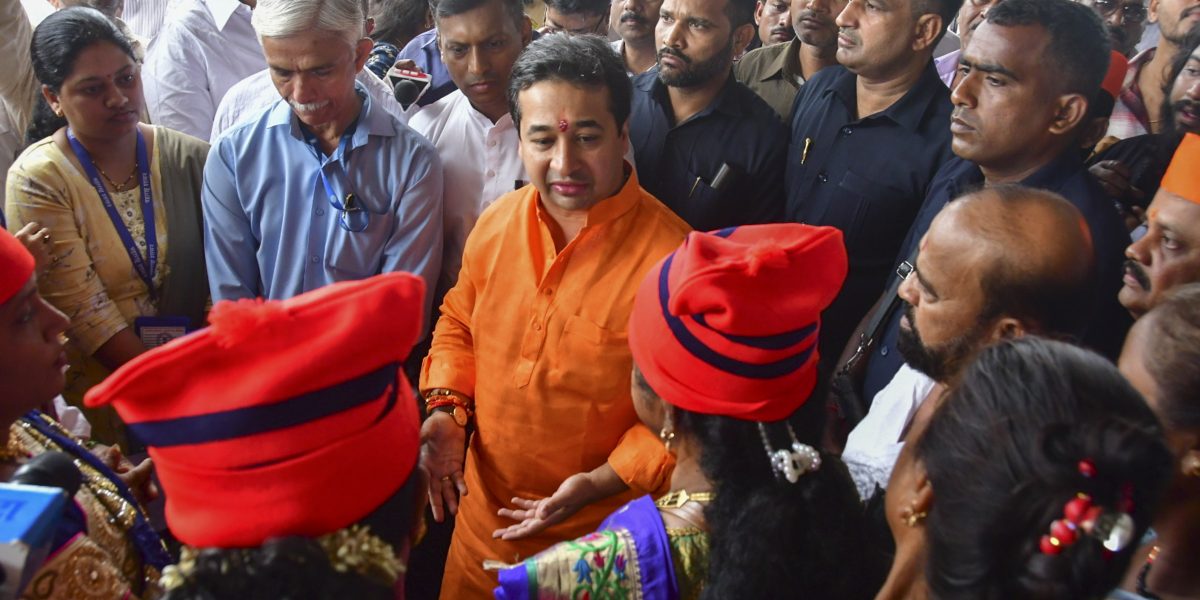
Prime Minister Narendra Modi’s address on Independence Day introduced its citizens to a new set of challenges and fears. One of them was the ominous crisis faced by the country through the cataclysmic influx of infiltration, requiring an urgent warfare policy. Modi claimed that the infiltrators are eating up the resources of people, forcefully marrying girls, capturing land and aggressively fostering population imbalance.
His mention indicted infiltrators responsible for all the sociopolitical ills India is plagued with: simmering inequality, high unemployment, and grave poverty, with rising communal flare-ups in the nation.
Since then, Modi has been involved in leading a campaign for the Bharatiya Janata Party (BJP) for the upcoming state elections. On August 22, he participated in two strategically crucial rallies in Bihar and West Bengal. He persistently invoked the issue of infiltration and pervading cultural erosion as a severe crisis in both states. Exhorting that the infiltrators dreadfully threaten national security and the regions’ demographic and cultural landscape, he appealed for popular mobilisation against the opposition parties whose pseudosecular affinities have harboured this illegal population.
In his Brigade Cholo Rally in Kolkata, he spoke about resource plunder and the looting of jobs done by the infiltrators, as well as the posing of a threat to the women. From New Delhi to Gaya and Kolkata, Modi mentioned the need for the nationalist BJP to have state power to safeguard the natives from the infiltrating outsiders. Recently, BJP leaders like Union home mnister Amit Shah and Assam Chief Minister Himanta Biswa Sharma have joined the chorus with their polarising remarks on infiltration.
Jan-Werner Müller, a theorist of Populism, has underscored the pressing need to manufacture new forms of fear and innovatively formulate new definitional contours of the other against which the real people are symbolically constructed, whom the populists tend to represent. Based on exclusionary identity politics and moral monopoly over representing the people, Hindutva politics has taken this innovative turn to produce demographic fearmongering and fear of the other to consolidate Hindus in these election-bound states.
The outsider within and the infiltrated outsider
Modi’s ludicrous claims about infiltration overlook key questions associated with it. While alleging the recent rise in infiltration, to much of amazement, Modi did not question the Home Ministry and security establishments, handled by his counterparts like Shah and Union defence minister Rajnath Singh, who should have been answerable for their dereliction of duty. Additionally, security agencies have rarely provided strong evidence, systematic answers or actual numbers about infiltration, making the case even more sceptical and questionable.
However, beyond these actual considerations, it is understandable that the impetus of infiltration has ideological underpinnings rather than security urgencies. Under Hindutva framing, this perceivable infiltrator remains fixed. It is the perpetual figure of a Muslim, whose existence in the body politics of India is logically premised as non-native/non-resident, who has gotten a forceful entry into the Hindu land through invasion and plunder.
This story was originally published in thewire.in. Read the full story here.

